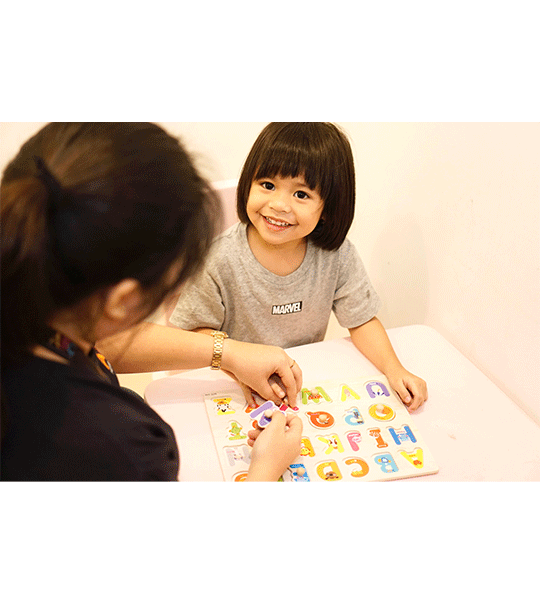
ABOUT AUTISM
Understanding Autism
Autistic individuals experience the world in unique ways, perceiving, hearing, and feeling things differently from others. Autism is not an illness or disease, and there is no “cure” for it. If you are autistic, you are autistic for life. For many, autism is an integral part of their identity.
Autism is a spectrum condition, meaning that while all autistic individuals share certain difficulties, it affects them in varying ways. With appropriate support, all people on the autism spectrum can learn, grow, and lead fulfilling lives, shaped by their own choices and preferences.
Prevalence of Autism in Malaysia
Currently, there is no comprehensive data on the prevalence of autism in Malaysia. However, a smaller-scale study conducted by the Ministry of Health on children aged 18 to 26 months revealed a rate of 1.6 per 1,000 children, or approximately 1 in 625.
Given that many cases may go undiagnosed and that professionals in the medical and education fields report an increasing number of autism cases, it is likely that the true prevalence rate in Malaysia is higher.
Global Prevalence Data
In 2023, The Centers for Disease Control and Prevention (CDC) estimated that 1 in 36 children have autism spectrum disorder (ASD). This is an increase from the previous estimate of 1 in 44SERVICES
How is Autism Diagnosed?
The characteristics of autism vary from one person to another, but in order for a diagnosis to be made, a person will usually be assessed as having had persistent difficulties with social communication and social interaction and restricted and repetitive patterns of behaviours, activities or interests since early childhood, to the extent that these “limit and impair everyday functioning”.
- facial expressions
- tone of voice
- jokes and sarcasm
Some may not speak, or have fairly limited speech. They will often understand more of what other people say to them than they are able to express, yet may struggle with vagueness or abstract concepts. Some autistic people benefit from using, or prefer to use, alternative means of communication, such as sign language or visual symbols. Some are able to communicate very effectively without speech.
Others have good language skills, but they may still find it hard to understand the expectations of others within conversations, perhaps repeating what the other person has just said (this is called echolalia) or talking at length about their own interests.
It often helps to speak in a clear, consistent way and to give autistic people time to process what has been said to them.
- appear to be insensitive
- seek out time alone when overloaded by other people
- not seek comfort from other people
- appear to behave ‘strangely’ or in a way thought to be socially inappropriate.
Autistic people may find it hard to form friendships. Some may want to interact with other people and make friends, but may be unsure how to go about it.
The use of rules can also be important. It may be difficult for an autistic person to take a different approach to something once they have been taught the ‘right’ way to do it. People on the autism spectrum may not be comfortable with the idea of change, but may be able to cope better if they can prepare for changes in advance.
Many channel their interest into studying, paid work, volunteering, or other meaningful occupation. Autistic people often report that the pursuit of such interests is fundamental to their wellbeing and happiness.
Causes and Cures of Autism
The exact cause of autism is still being investigated. Research into causes suggests that a combination of factors – genetic and environmental – may account for differences in development. Autism is not caused by a person’s upbringing, their social circumstances and is not the fault of the individual with the condition.
Is there a cure?
There is no ‘cure’ for autism. However, Autism is treatable.
Who Do I Need for Assistance and/or Assessments?
Parents/teachers should seek for an assessment by a qualified professional:
- Pediatriacian
- Developmental Paediatrician
- Child Psychologist
- Child Psychiatrist
- Clinical Psychologist
If your child is not meeting the appropriate milestones; or present with some or all signs of Autism.
*Contact us at +03 2201 1107 for references to get your child assessed.